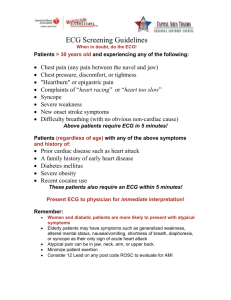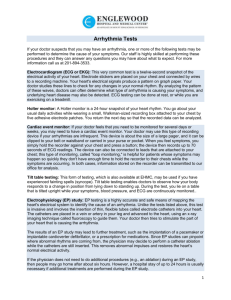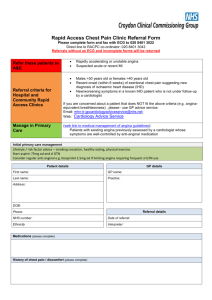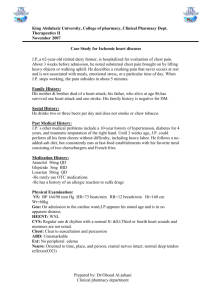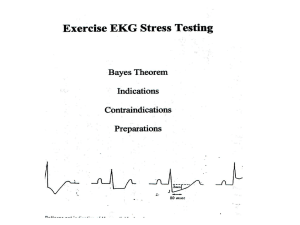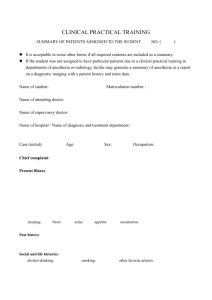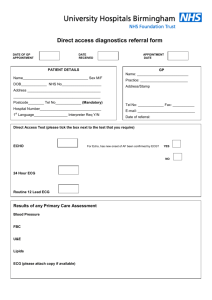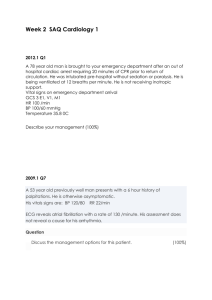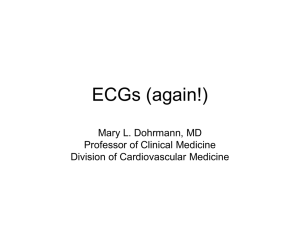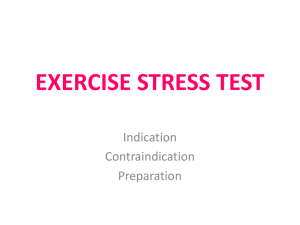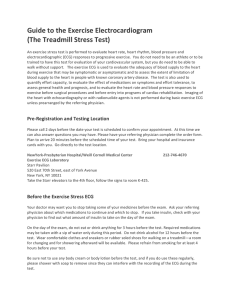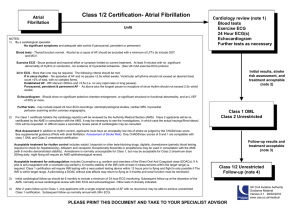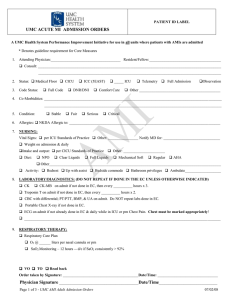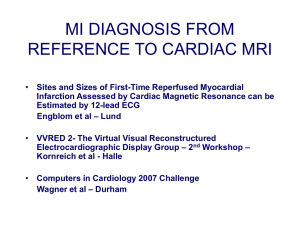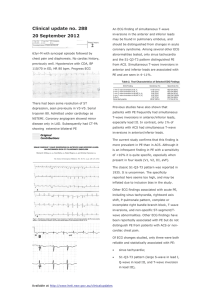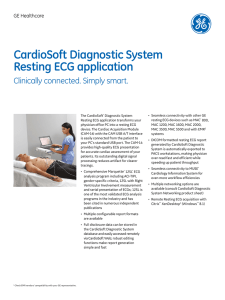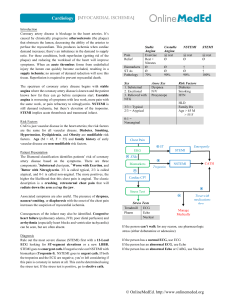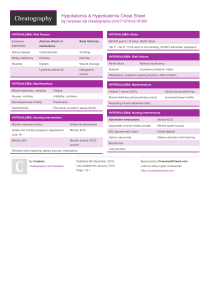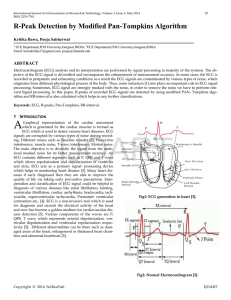THE BRITISH REGIONAL HEART STUDY: GP SCORE
advertisement
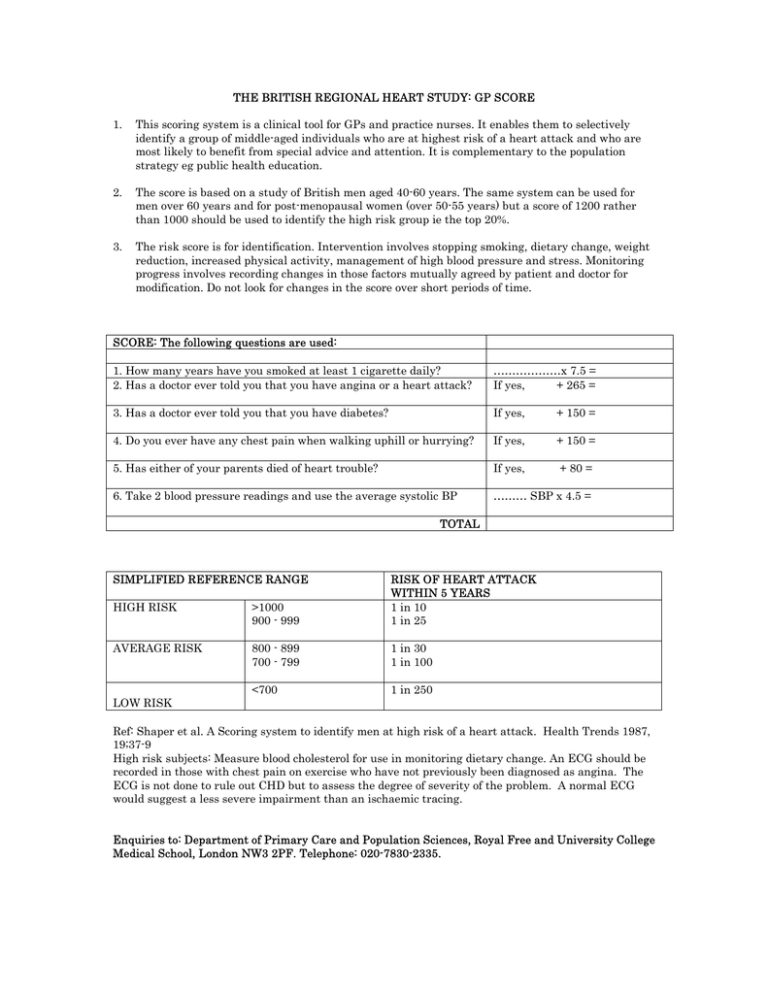
THE BRITISH REGIONAL HEART STUDY: GP SCORE 1. This scoring system is a clinical tool for GPs and practice nurses. It enables them to selectively identify a group of middle-aged individuals who are at highest risk of a heart attack and who are most likely to benefit from special advice and attention. It is complementary to the population strategy eg public health education. 2. The score is based on a study of British men aged 40-60 years. The same system can be used for men over 60 years and for post-menopausal women (over 50-55 years) but a score of 1200 rather than 1000 should be used to identify the high risk group ie the top 20%. 3. The risk score is for identification. Intervention involves stopping smoking, dietary change, weight reduction, increased physical activity, management of high blood pressure and stress. Monitoring progress involves recording changes in those factors mutually agreed by patient and doctor for modification. Do not look for changes in the score over short periods of time. SCORE: The following questions are used: 1. How many years have you smoked at least 1 cigarette daily? 2. Has a doctor ever told you that you have angina or a heart attack? ………………x 7.5 = If yes, + 265 = 3. Has a doctor ever told you that you have diabetes? If yes, + 150 = 4. Do you ever have any chest pain when walking uphill or hurrying? If yes, + 150 = 5. Has either of your parents died of heart trouble? If yes, + 80 = 6. Take 2 blood pressure readings and use the average systolic BP ……… SBP x 4.5 = TOTAL SIMPLIFIED REFERENCE RANGE HIGH RISK >1000 900 - 999 RISK OF HEART ATTACK WITHIN 5 YEARS 1 in 10 1 in 25 AVERAGE RISK 800 - 899 700 - 799 1 in 30 1 in 100 <700 1 in 250 LOW RISK Ref: Shaper et al. A Scoring system to identify men at high risk of a heart attack. Health Trends 1987, 19;37-9 High risk subjects: Measure blood cholesterol for use in monitoring dietary change. An ECG should be recorded in those with chest pain on exercise who have not previously been diagnosed as angina. The ECG is not done to rule out CHD but to assess the degree of severity of the problem. A normal ECG would suggest a less severe impairment than an ischaemic tracing. Enquiries to: Department of Primary Care and Population Sciences, Royal Free and University College Medical School, London NW3 2PF. Telephone: 020-7830-2335.
